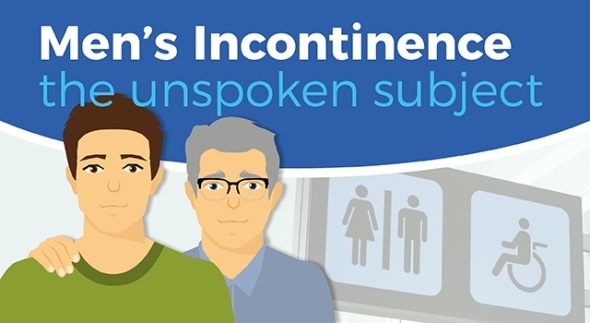Jun 13 2017
Around one in four people encounter bowel or bladder instability during their lives, so to show support for World Continence Week, and also Men’s Health Awareness Week, NRS Healthcare have created a guide confronting the unspoken subject of men’s incontinence.

More than 10% of men aged 65 and over have urinary and bowel incontinence to some degree, however this group are the most likely not to talk about the problem. Often as a result of embarrassment or denial, men will wait, on average, 4.2 years after first experiencing bladder control problems before seeing a healthcare professional.
World Continence Week runs from 19th to 25th June, and this year’s theme is Incontinence: No Laughing Matter in order to tackle the common response to laugh off incontinence as an inevitable part of life, rather than seeking help for it.
This year, the team at NRS Healthcare have chosen to support World Continence Week and Men’s Health Awareness Week (which runs from 12th to 19th June) by highlighting the stats and facts around men living with bladder and bowel issues, whether as part of a diagnosed or undiagnosed condition. They will also address what can be done to reach out to these men and make them aware of the products that are available to make their lives easier. NRS has created a guide to confront this unspoken subject which explains and tackles:
- the different types of incontinence (stress, urge, fecal, mixed, overflow and nocturnal enuresis)
- what can cause incontinence (diseases, medications, injury in the spine, damage to the bladder)
- excuses that people are likely to give when avoiding getting a diagnosis
- common situations those living with incontinence might find themselves in
- how to deal with these situations
- products that can help make life easier and enable those with incontinence to confidently continue living independently
The guide will be shared on NRS Healthcare’s blog and social media in the run up to and during Men’s Health Awareness Week and World Continence Week with the aim to reach more people and to encourage those who are experiencing incontinence to seek help in whatever way they need it.